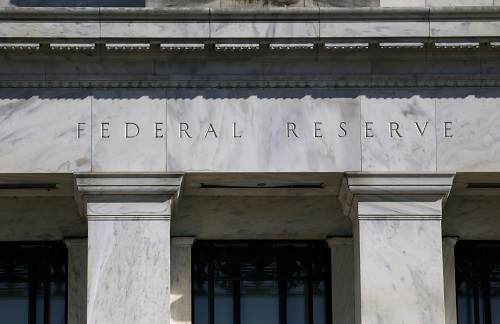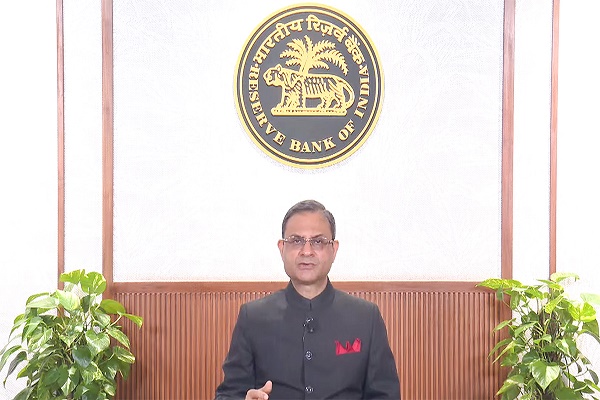Federal Reserve says extending four emergency liquidity programs to March 31 2021

By Howard Schneider
WASHINGTON - The U.S. Federal Reserve said Monday it is extending emergency liquidity programs for the commercial paper and other key financial markets through March 31, a step to help financial markets plan through the start of the next year as the economy recovers from the coronavirus pandemic.
The programs, including the Commercial Paper Liquidity Facility, the Primary Dealer Credit Facility, the Money Market Mutual Fund Liquidity Facility, and the Paycheck Protection Program Liquidity Facility, are considered a critical part of the Fed's efforts last spring to prevent a developing recession from triggering a financial crisis as well.
By keeping the short-term markets for commercial "paper," money market funds and other parts of the financial system primed with Fed loans, the central bank arguably helped stave off the sort of financial gridlock that many economists feel can deepen and prolong an economic downturn.
The programs "are supporting market functioning and enhancing the flow of credit," the Fed said in a statement. The extension, the Fed said, would help market participants plan through the first quarter of 2021.
Any extension beyond then would depend in part on how the economy is reacting to the possible rollout of a coronavirus vaccine and the possible easing of risks around the pandemic, as well as the priorities of the incoming administration of President-elect Joe Biden.
Earlier this month, U.S. Treasury Secretary Steven Mnuchin ordered a separate set of Fed programs closed as of Dec. 31, ending Fed lending targeted to "Main Street" businesses and local governments. While Mnuchin said that decision was required by the terms of the CARES Act legislation approved by Congress last spring, it now leaves the Fed's firepower directed more squarely at financial markets even as it is forced to pull back from its more groundbreaking efforts to fund other parts of the economy.
(Reporting by Howard Schneider; editing by Jonathan Oatis)
















